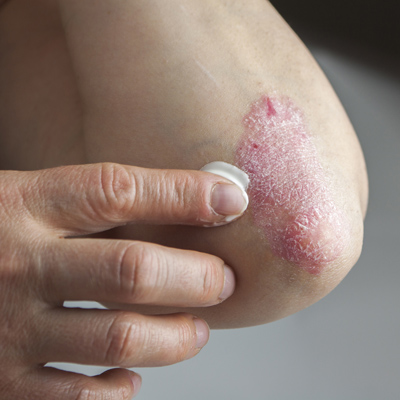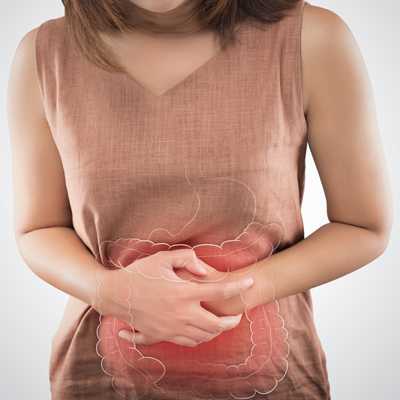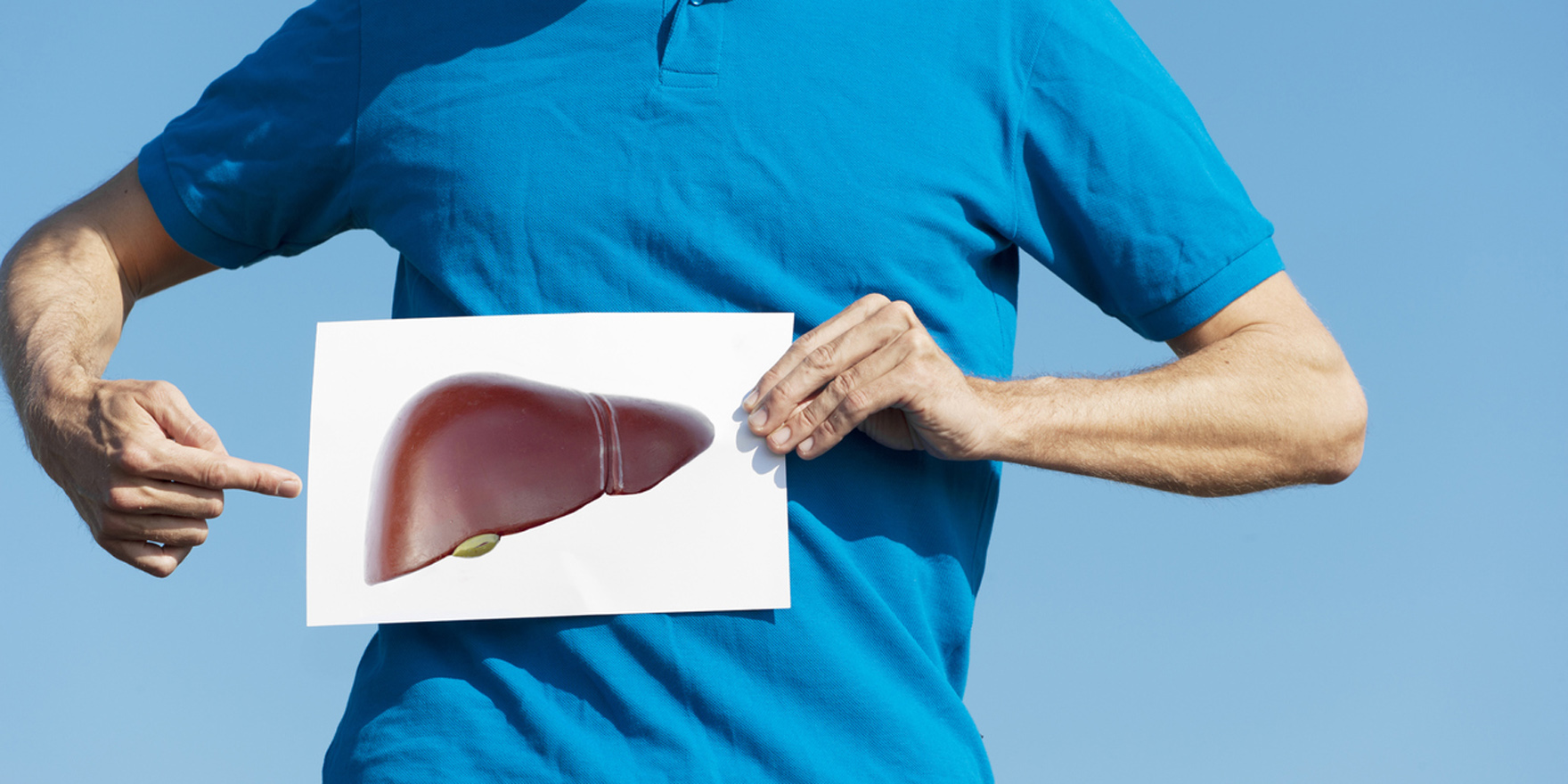TMR's picks from the top medical journals
Four takeaways from the top medical journals:

Paracetamol and ADHD
Taking paracetamol during pregnancy has been found to be substantially associated with ADHD in offspring, even after adjusting for potential confounders such as familial risk.
The researchers looked at more than 112,000 children from the Norwegian Mother and Child Cohort Study, including 2246 children with ADHD.
Researchers said long-term use of the pain and fever relief medication was related to a more than twofold increase in risk of a child having ADHD.
They also found that even short-term used of paracetamol was negatively associated with ADHD in offspring. There was no evidence of a correlation between maternal preconceptional use of the drug and ADHD, however.

Liver risk for psoriasis
Patients being treated for psoriasis are at greater risk of developing liver disease, partly because of the drugs used to treat the conditions, a study has found.
Those taking a systemic therapy drug, such as methotrexate, had the highest risk, particularly for non-alcoholic fatty liver disease and cirrhosis, researchers said.
The study suggested systemic inflammation may play a significant role in development of liver disease and patients should be counselled on the risk factors for the disease, such as alcohol use, weight and anti-inflammatory drugs.
“Understanding the role of inflammation in liver disease and how the liver can perpetuate inflammation in these conditions can help us advise patients, and their clinicians, on how to more effectively manage their health,” the study said.

Poo transplants ease IBS
Faecal microbiota transplants may provide relief for IBS symptoms, a proof of concept trial has found, but larger studies are needed to confirm the results.
A small Norwegian RCT found people with moderate to severe IBS showed significant improvement in symptoms three months after receiving a faecal transplant via a colonoscopy.
Two thirds of patients receiving faecal transplants showed reduced symptom severity compared with 43% in the placebo group which received transplants of their own faeces.
However, there was no comparative improvement in symptoms at one year after the transplants.

Menu calorie counts work
Putting calorie counts on menus does reduce the number of calories that diners subsequently consume, particularly for women and overweight people.
A meta-analysis by Australian researchers found disclosure of calorie or kilojoule information on menus at fast-food outlets and restaurant chains encouraged an average reduction in 27 calories (112kJ) per meal.
But for women, the reduction was 60 calories per meal and for overweight people the number dropped by 83 calories.
The researchers also found that retailers adjusted the meal choices they offered when they were required to display calorific information.
Journal of Retailing; 2 November


